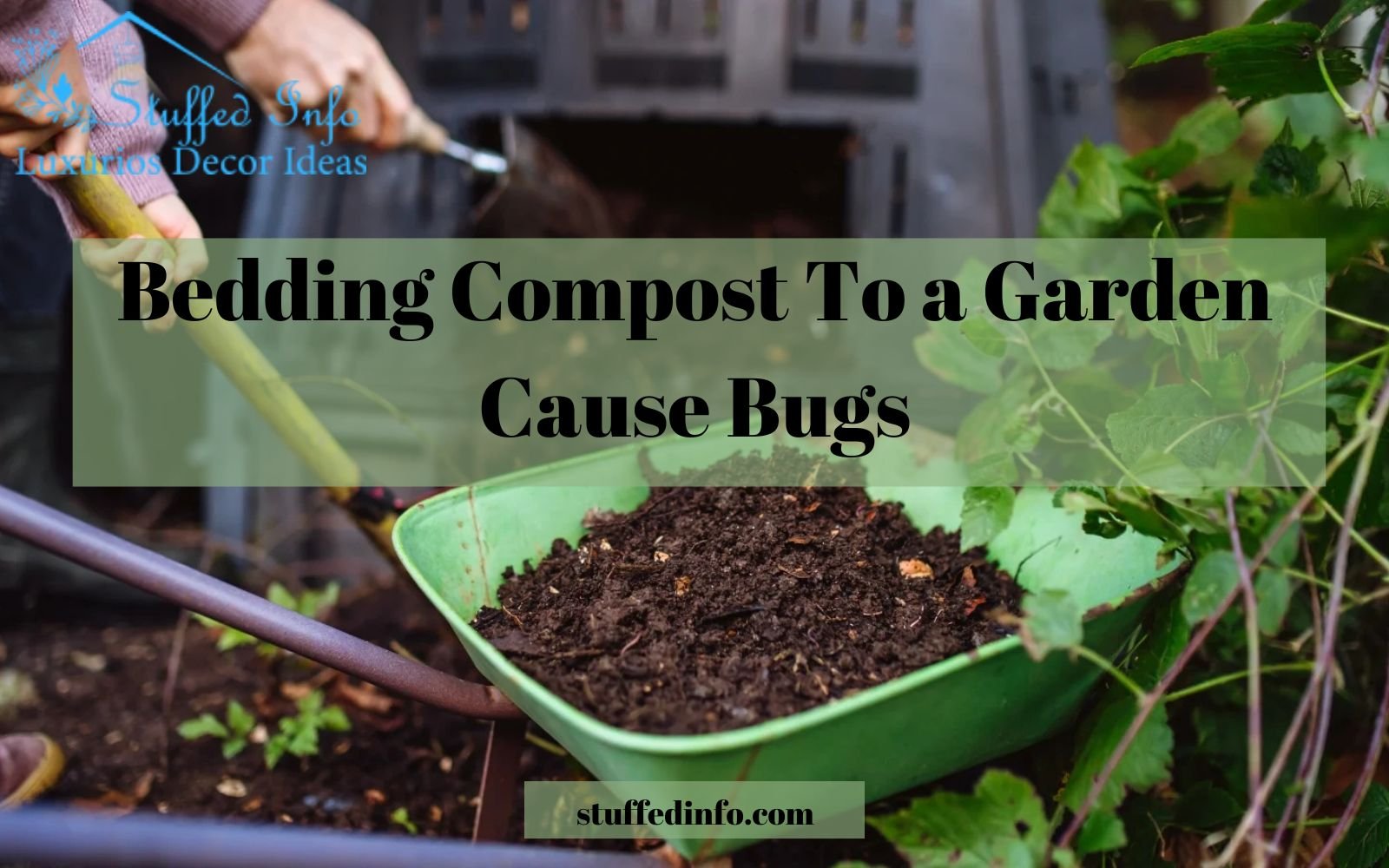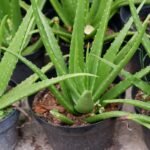Making a healthy and green garden takes a lot of effort and time. And for this task, good-quality compost is a must-have. However, this crumbly mix contains a lot of fungal filaments, bacteria, and protozoan, which have negative and positive results on the plant’s growth. Thus, it leads to the rise of the most concerning question: “Does bedding compost to a garden cause bugs or not?” Therefore, to answer this in the simplest way possible by covering all of its aspects, we prepared this guide. Hence, here we will share everything from compost and different types of bugs in it to ways to get rid of bad bugs and so on.
Table of Contents
ToggleWhat is compost?
So, before learning how bedding compost to a garden cause bugs, let’s first learn about its meaning, creation, and values. Therefore, bedding compost is basically a mix of broken organic things such as grass and leaves. They have a very crumbly texture and act as a fertility booster for garden soil. Moreover, these composts are easily available in the market at nurseries or can be made at home also using simple DIY steps. Some of the benefits of using compost in your garden soil are as follows:
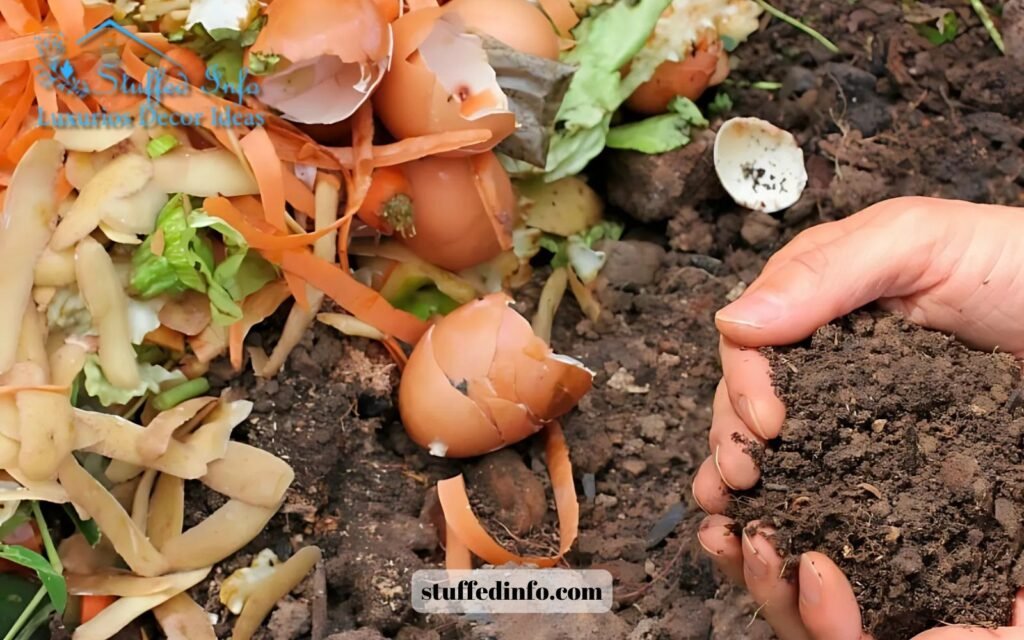
- Improve the ability of garden soil to absorb more water and store it for a longer period of time.
- Aerate the soil so that it does not become smelly and dehydrated.
- Boosting the microorganism activity results in more nutrients being given to the plants.
- Work as an additional fertilizer for better growth and production of trees and shrubs.
- Improve the soil’s texture and reduce the need to have chemical fertilizer.
Nutritional Content Of Bedding Compost
Bedding compost is very helpful for the soil’s health and makes it nourished to benefit the growing plants. Moreover, it is a sustainable way to fertilize the soil. Some of the major nutritional value, their amount, and benefits to the soil are as follows:
| S. No. | Nutrient | Amount | Benefits |
| 1. | Nitrogen | 0.5 to 2.5 percent | Helps in the growth of leaves and overall height of the plant. |
| 2. | Potassium | 0.3 to 1.5 percent | Boost the overall health of the trees, herbs, and shrubs. |
| 3. | Phosphorus | 0.2 to 2.0 percent | Make the roots stronger and help in their development for better absorption of nutrients. |
DIY To Make Bedding Compost
Making a pile of compost might look like an impossible task, but it is not like that. Thus, it takes only a few things and some steps to follow, and you are good to go with your own chemical-free compost. The raw materials for the mix that you need to prepare for making this organic fertilizer are as follows:
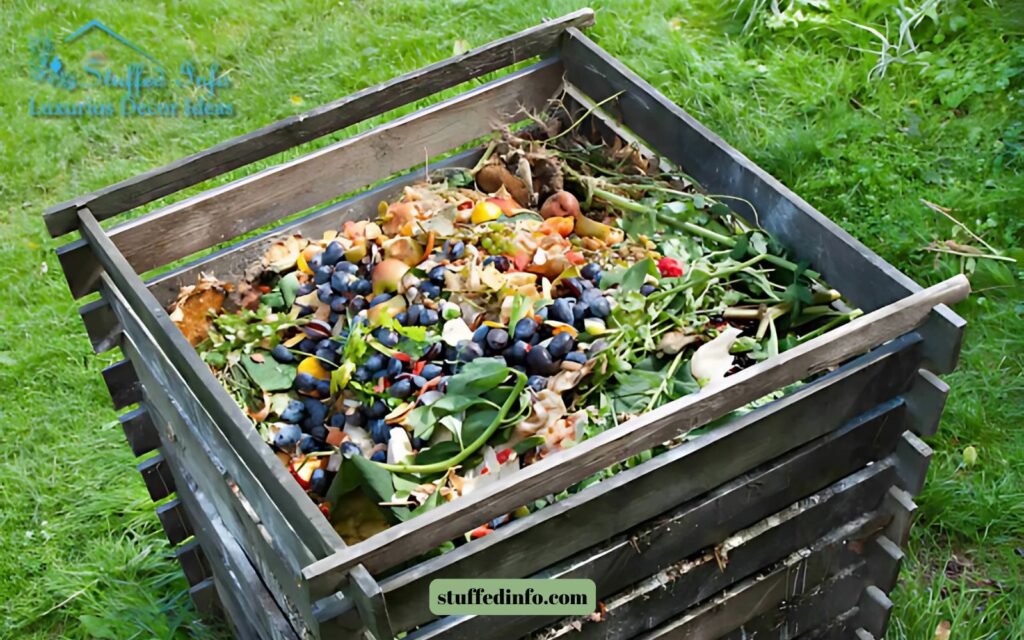
- Yard scraps or debris such as dry leaves or grass.
- Some forestry products like sawdust.
- Residue of crops such as rice hulls or straw.
- Cow manure or other livestock.
- Organic food waste such as vegetable peels, breweries, etc.
- Vermicomposting is compost driven by healthy worms.
Note: Once you gather all the above mentioned raw materials, simply mix them and pack in dry containers. Make sure to wear gloves while doing it and ensure it is mixed properly.
Does Bedding Compost To A Garden Cause Bugs?
Yes, bedding compost to a garden cause bugs but they are not bad every time as every bug has different effects on the garden soil. For instance, some bugs help break organic matter and thus increase soil fertility. Meanwhile, harmful bugs may eat up the plant and prohibit its growth for the longest time. Therefore, learning about the good and bad bugs of the soil is a must. Hence, to know about them in detail, read the below-shared sections:
Good Bugs
These bugs are known as the tiny superheroes of the compost as they munch and break down the matter faster and better. Furthermore, these bugs work best for turning kitchen waste into nutrition-rich organic fertilizer. Thus, some of the good bugs are as follows:
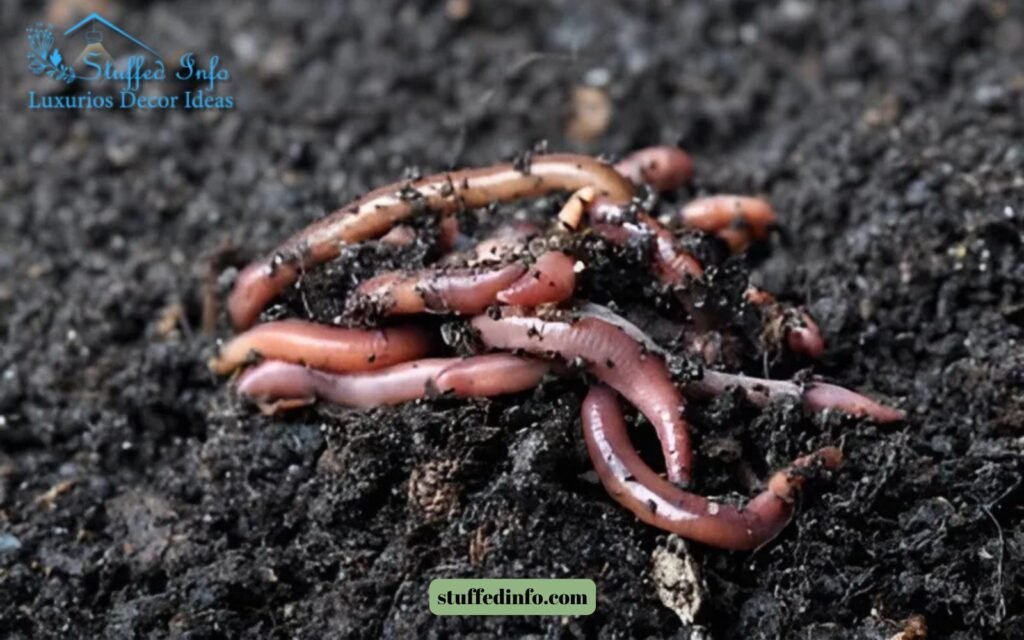
Mites: These are like miniature arthropods who cannot be spotted with naked eyes. They feed on various organic materials present in compost such as bacteria, fungi, etc. and enhance the richness of the fertilizer. In addition to this, they also regulate other bug populations which are present in the compost.
Millipedes: This good bug has a ring like body segment in which each segment has legs. They basically eat up the organic matter and form a tunnel for all the microorganisms to move freely in the pile of compost. Plus, they foster the decomposition process and transform themselves into the spiral form when disturbed by any predator.
Slugs: This type of good bug is found mostly in North America. They have a slippery layer of protective mucus on themselves and teeth like structures which they use to shred food items. Their task is to achieve a flourishing and healthy compost out of the organic matter.
Bad Bugs
On the other hand, there are some other bugs as well, which disturb the decomposition process and harm the potential benefits of the compost. Hence, to know about them in detail, read the below-shared points:
House flies: We all are familiar with house flies which are the prevalent pests for compost. They disrobe the decomposition process and make the organic matter unhealthy for the plant’s growth.
Ants: These are one of the tiniest creatures of the ecosystems which affect the compost pile. Thus, they hit the balance of the compost and attack all the good worms present there.
Spiders: These are the unwelcoming guests that come in various species such as sac spiders, wolf spiders, jumping spiders, etc. Thus, they build up a web in the compost piles and eat up good microorganisms of the compost.
Note: Some other bad bugs include snakes, raccoons, yellow jackets, rats, and cockroaches.
5 Effective Solutions To Treat Compost Bug Issues
If you witness that bedding compost to a garden cause bugs then you should follow some tips and tricks to get rid of them. Thus, those solutions are as follows:
Maintain moisture: Wet compost can attract a large number of bad bugs. Thus, to have a control over them you should eliminate its moisture and for this adding more brown content such as dry leaves is the best solution.
Aerate: Presence of oxygen in the compost pile makes the decomposition process faster and stops the growth of pests. Therefore, to ensure proper air circulation, you should turn or mix the pile at least two to three times a week.
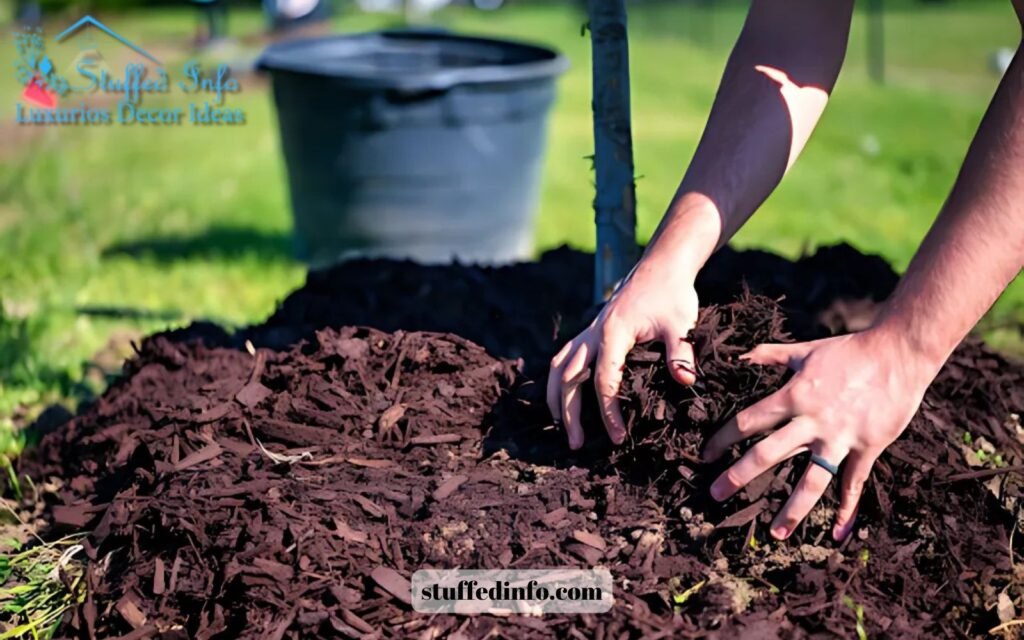
Plucking: There are times when some unnecessary weeds germinate in the compost pile. Therefore, to get rid of them you should simply pluck them whenever you see them and keep them aside.
Temperature regulation: The right temperature to keep the compost pile fertile and healthy is 50 to 70 degree celsius. This temperature speeds up the compost breakdown process and prevents pests’ nesting.
Layering: Make sure to layer the rotten food or vegetables at the bottom only so that no bad bugs, such as flies or cockroaches, reach out to them and create toxins.
Conclusion
In this blog post we briefly discussed about “does bedding compost to a garden cause bugs or not?”. Thus, we shared everything in detail, ranging from compost meaning and benefits to the steps for making it on your own. Moreover, we also discussed various types of bugs that may result in bedding compost to a garden cause bugs. Besides that, we also shared the various ways to control those bugs by following some easy and quick steps. I hope the page answered all your queries and guided you well for great gardening.
FAQs
Does compost attract bugs?
Yes, compost attracts bugs but they are not toxic or unhealthy every time. Therefore, some bugs are good which boost the decomposition process whereas some disturbs the elements and process of the same.
What are the benefits of compost?
Some of the benefits of composts include enhanced water retaining ability, aeration of soil, additional fertilizing quality, and better soil texture.
What are the components of compost?
Yard scraps, forestry products, sawdust, organic food waste, crop residue, and vermicomposting are some of the components of composts.


